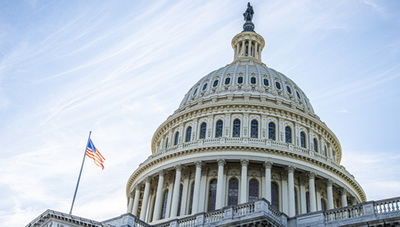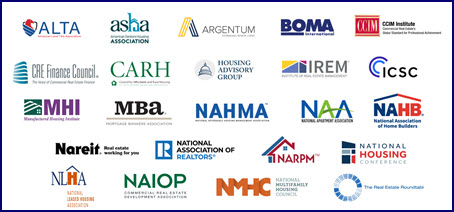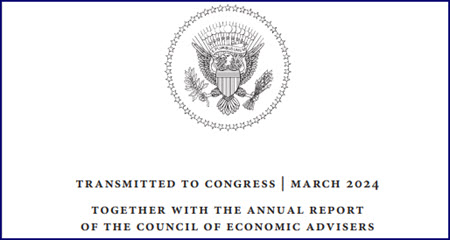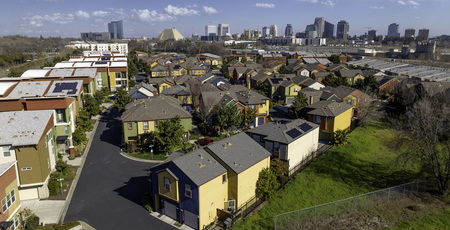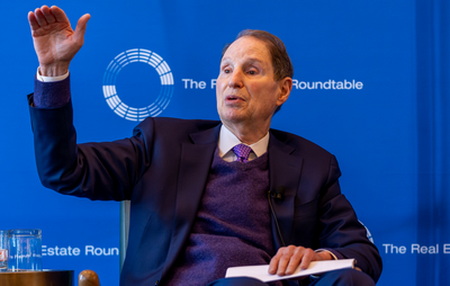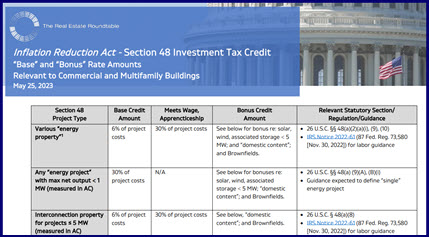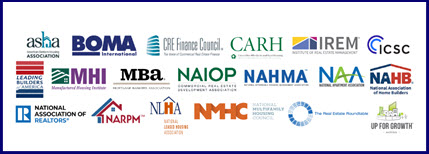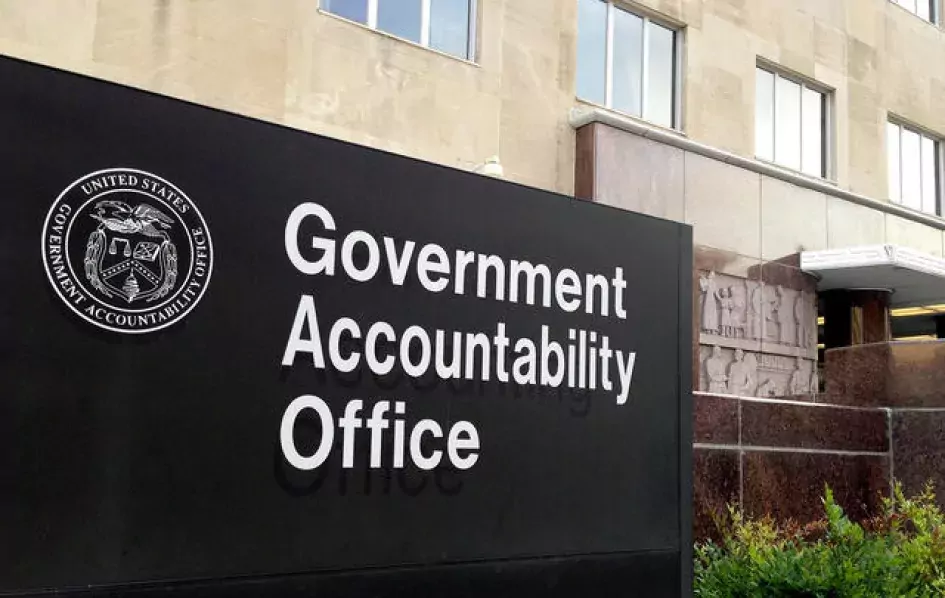
Recent studies show major investments that grow the single-family rental (SFR) market increase housing supplies for low-income and middle-class households, and create more educational opportunities for families with improved access to quality school districts.
Positive SFR Research
- Roundtable members discussed these results in a “listening session” on Wednesday with housing policy leads from the White House Domestic Policy Council and the National Economic Council.
- A report released last month by the U.S. Government Accountability Office (GAO) highlights the positive impact of major SFR investors in the aftermath of the 2007—2009 financial crisis. Large investors leveraged capital and technology to convert foreclosed homes into rentals, stabilizing neighborhoods and increasing housing availability. (GAO Report Highlights | Full GAO Report)
- Another study out of UNC Charlotte, also released in May, finds that children from low- and moderate-income households see improved achievements in school when they rent single-family homes in neighborhoods where they cannot afford to buy. (UNC Study Highlights | Full UNC Report)
Key Findings

- Market Stabilization: The GAO explained that institutional investors bought foreclosed homes in bulk, converting them into rental properties, during the Great Financial Crisis. This helped stabilize neighborhoods and increased home values.
- Technological Efficiency: Advanced digital platforms and online management tools enabled investors to efficiently manage large property portfolios, improving tenant experiences and reducing costs, according to the GAO.
- Improved Housing Stock: Larger equity investors were able to underwrite substantial repairs and renovations to the units they purchase, “the cost of which is out of reach for many homebuyers,” according to a study cited by GAO.
- Educational Achievement: According to the UNC-Charlotte study, “low-income parents [are] taking advantage of these newly available rental units” and “their children are experiencing substantial achievement gains from attending high-performing schools.”
Clear SFR Benefits
- Expanding the supply of housing across the geographic and economic spectrum is essential for the nation’s economic vitality.
- Large-scale SFR investments have helped revitalize distressed properties and communities, contributing to economic growth and stability.
- “Changing lifestyles are driving people to seek more flexible housing options that also provide better education opportunities without the long-term financial commitment of homeownership. Large-scale single-family rental businesses are responding to meet this demand,” said Jeffrey DeBoer, Roundtable President and CEO.
- As American households increasingly turn to the rental market for housing, a strong housing finance system should support homeowners and aid the expansion of affordable rental housing.
The Roundtable’s Annual Meeting on June 20-21 in Washington, DC, will feature discussions regarding the policies needed to help expand the supply of affordable and workforce housing.

